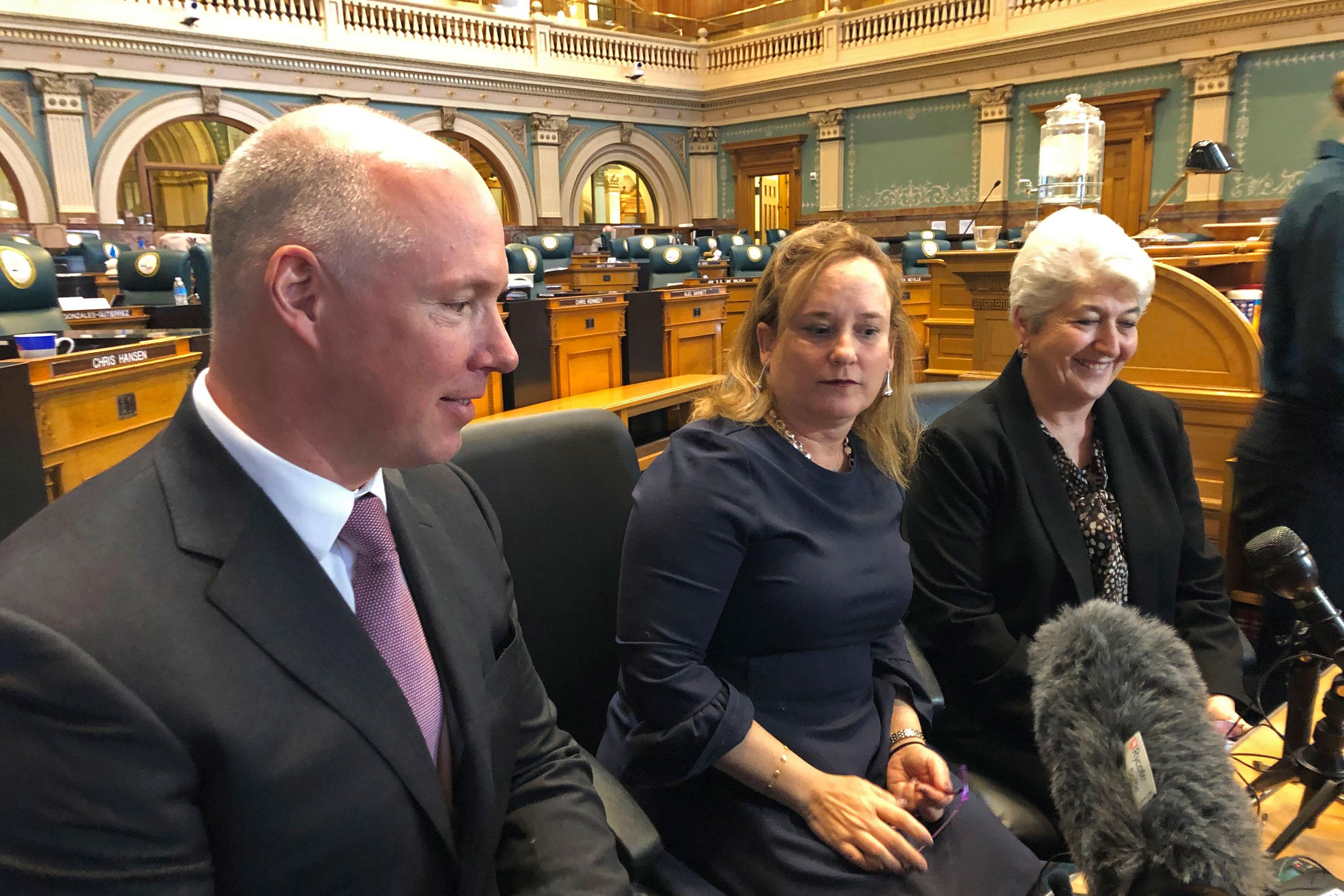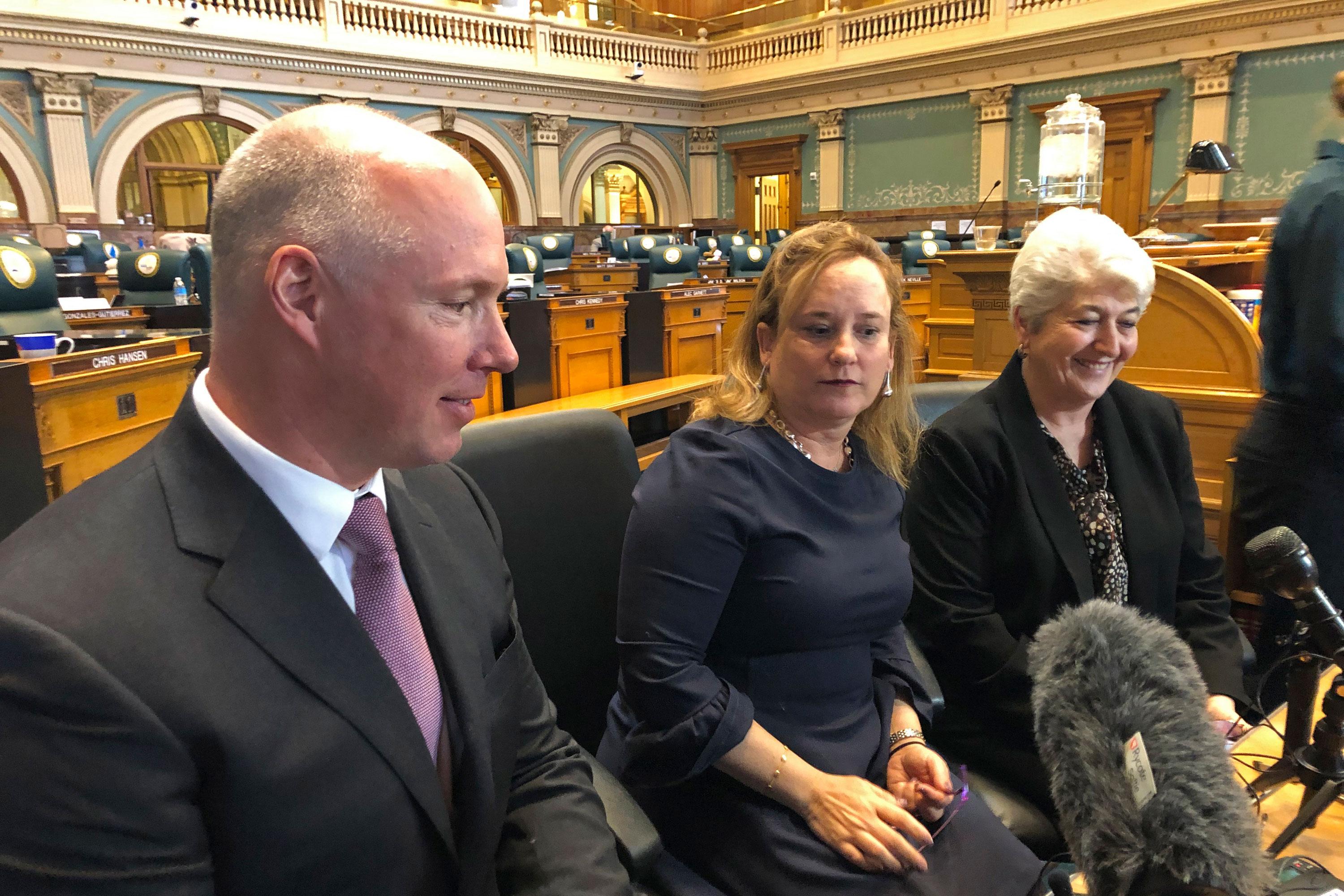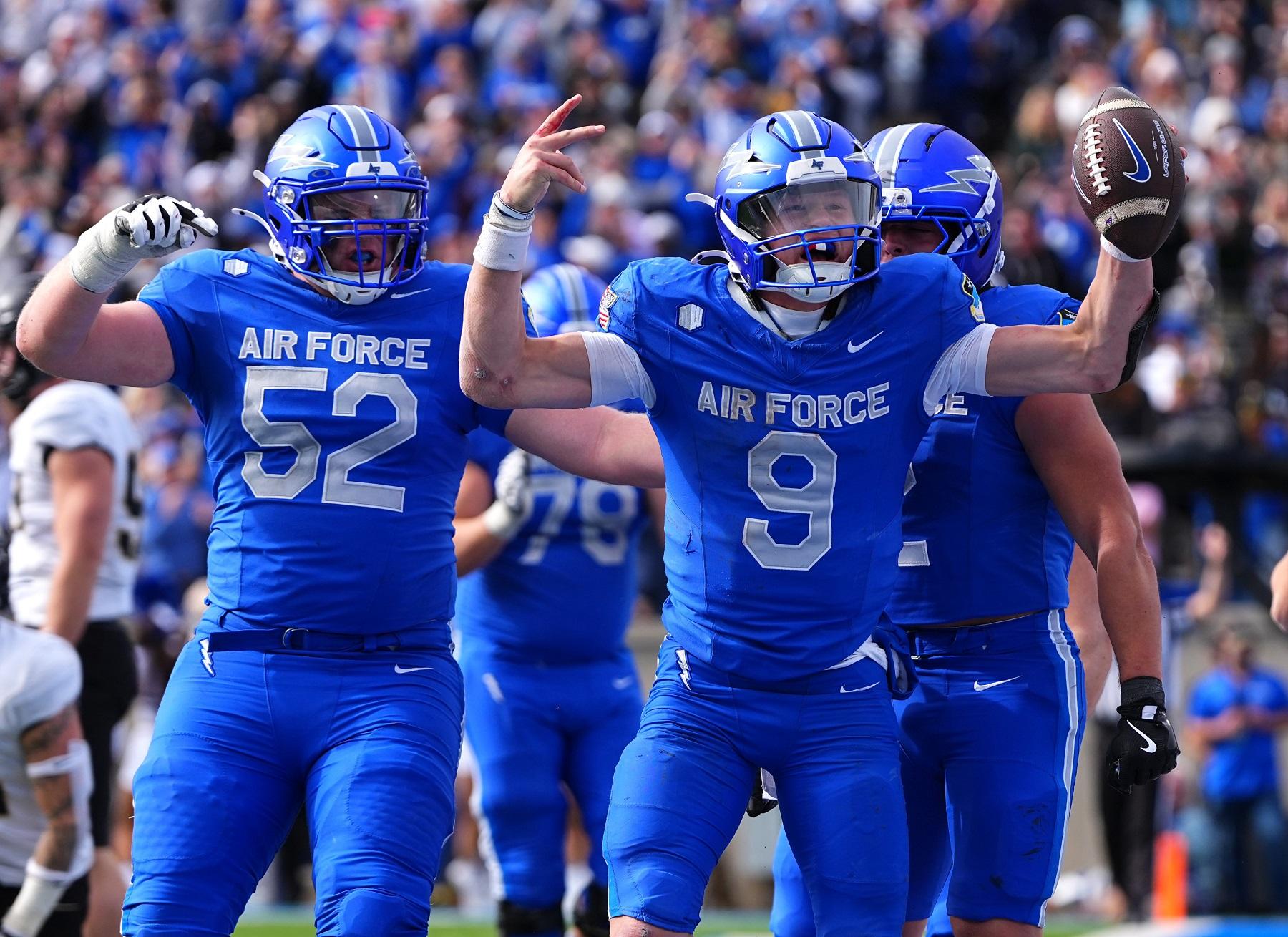

A House committee on Monday advanced a bill to ask Colorado voters if the state can retain excess tax revenue and a companion bill that would spend that revenue on roads and schools.
The House Finance Committee votes came after Democratic Speaker KC Becker argued the state should do all it can — especially at a time of sustained economic growth — to address Colorado’s chronically underfunded transportation and education needs.
The committee voted 7-4 to send the legislation to the Appropriations Committee.
One bill would ask voters in November if the state can keep excess revenue that would otherwise be refunded under the Taxpayer’s Bill of Rights. The other would allocate that excess revenue in equal parts to K-12 schools, higher education and transportation.
- This Is How TABOR Conquered Colorado: Meet Doug Bruce, The Man Behind The Bill
The 1992 Taxpayer’s Bill of Rights sets an annual income limit that can trigger tax refunds based on a formula that involves population and inflation. Critics say that limit has contributed to a $9 billion backlog in road projects and a multibillion-dollar deficit in education spending that could jeopardize future economic growth.
TABOR, as the constitutional amendment is known, allows state and local government to ask voters to either raise taxes or keep excess revenue. Many local school districts and municipalities have done so. In November, voters in suburban Lakewood authorized the city to keep excess tax revenue for public safety and other purposes.
“This is an opportunity for all of us to take advantage of the good times,” said Democratic Rep. Julie McCluskie, a co-sponsor of the bills with Becker, Democratic Sen. Lois Court and Republican Sen. Kevin Priola.
Becker supports an end to TABOR — an idea anathema to many Republicans and fiscal conservatives who credit it for helping fuel Colorado’s economy. Voters have rejected multiple statewide ballot questions seeking tax hikes for schools and roads — though they did allow the state in 2005 to avoid tax refunds for a five-year period.
The new ballot question would make the change in tax law permanent.
“The key thing with this one is it’s not consistent. You don’t know from year to year what you can spend,” said Michael Fields, executive director of the conservative activist group Colorado Rising Action. “You can’t spend it on bonding,” a preferred GOP means of transportation funding that requires regular payments over time, Fields said.
The legislation would provide an extra $65 million for roads and schools in the fiscal year that begins July 1, according to a legislative analysis. No surplus revenue currently is forecast for the following two fiscal years.
Every little bit helps, Becker said.
“We’re simply asking voters, and if they want to vote ‘no,’ they can vote ‘no,’ she said. “It’s their choice.”









